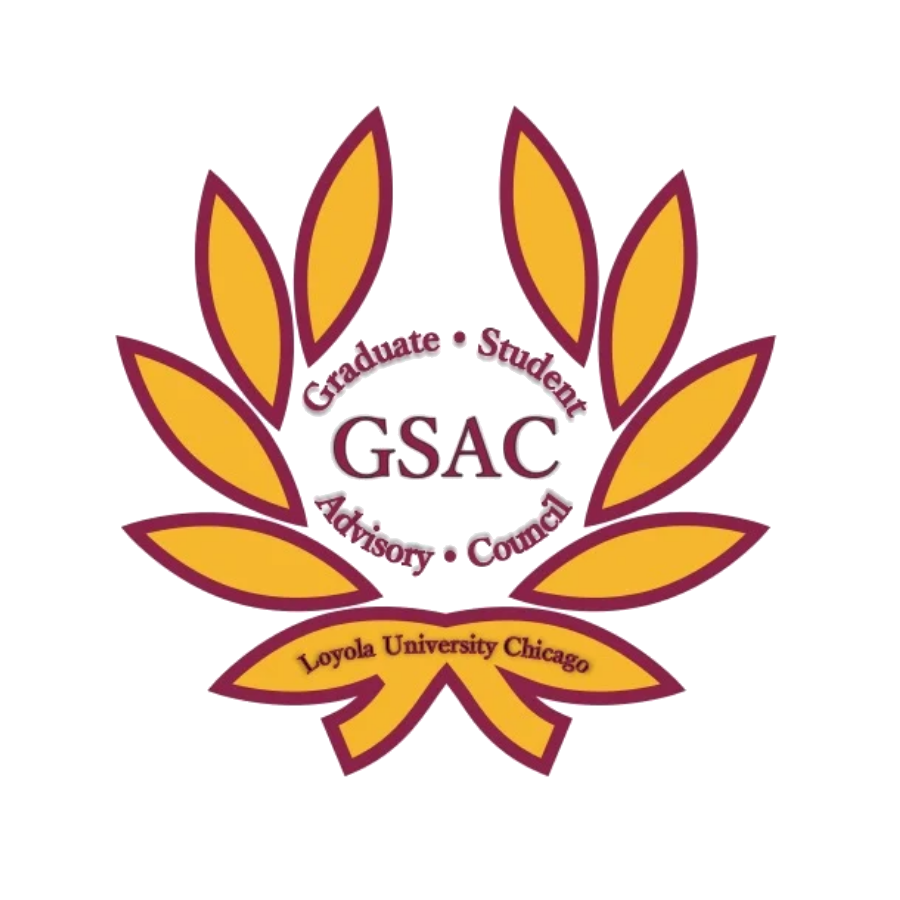Submission Type
Oral/Paper Presentation
Degree Type
Masters
Discipline
Humanities
Department
Women and Gender Studies
Access Type
Open Access
Abstract or Description
The Black Panther Party played a critical role during the United States Civil Rights era. The Party created a space for many black people and people of color and offered protections that were so often violated by laws, policies, government officials and law enforcement. My research in no way is an attempt to negate the good that the Black Panther Party did for their communities but instead aims to take a critical look at the abuses and diminishment of women within the movement. In order to look at the way women were treated within the Party is really taking a look at how black women and women of color are treated within society. I look at intersectionality and how the identities of women within the movement were marked by society by their race, gender, and Party status. These labels made women targets both internally and externally and made it so systematically difficult for women to be recognized for their role within the movement.
Women within the Black Panther Movement were confronted, both internally and externally, with discrimination and abuse due to racism, sexism, and Black Panther Party membership; the critical role women played within the party was diminished by the intersectionality of being black, female, and a member. There would be a much different discussion surrounding the Black Panther Party and the impact it had (or did not have) on society if women were not involved.
Creative Commons License

This work is licensed under a Creative Commons Attribution-Noncommercial-No Derivative Works 3.0 License.
Female Blackness in an Abyss of Racism, Sexism, and The Black Panther Party; A Hypocritical Society that Fought for Equality but Denied Its Own Members Basic Human Rights
The Black Panther Party played a critical role during the United States Civil Rights era. The Party created a space for many black people and people of color and offered protections that were so often violated by laws, policies, government officials and law enforcement. My research in no way is an attempt to negate the good that the Black Panther Party did for their communities but instead aims to take a critical look at the abuses and diminishment of women within the movement. In order to look at the way women were treated within the Party is really taking a look at how black women and women of color are treated within society. I look at intersectionality and how the identities of women within the movement were marked by society by their race, gender, and Party status. These labels made women targets both internally and externally and made it so systematically difficult for women to be recognized for their role within the movement.
Women within the Black Panther Movement were confronted, both internally and externally, with discrimination and abuse due to racism, sexism, and Black Panther Party membership; the critical role women played within the party was diminished by the intersectionality of being black, female, and a member. There would be a much different discussion surrounding the Black Panther Party and the impact it had (or did not have) on society if women were not involved.



